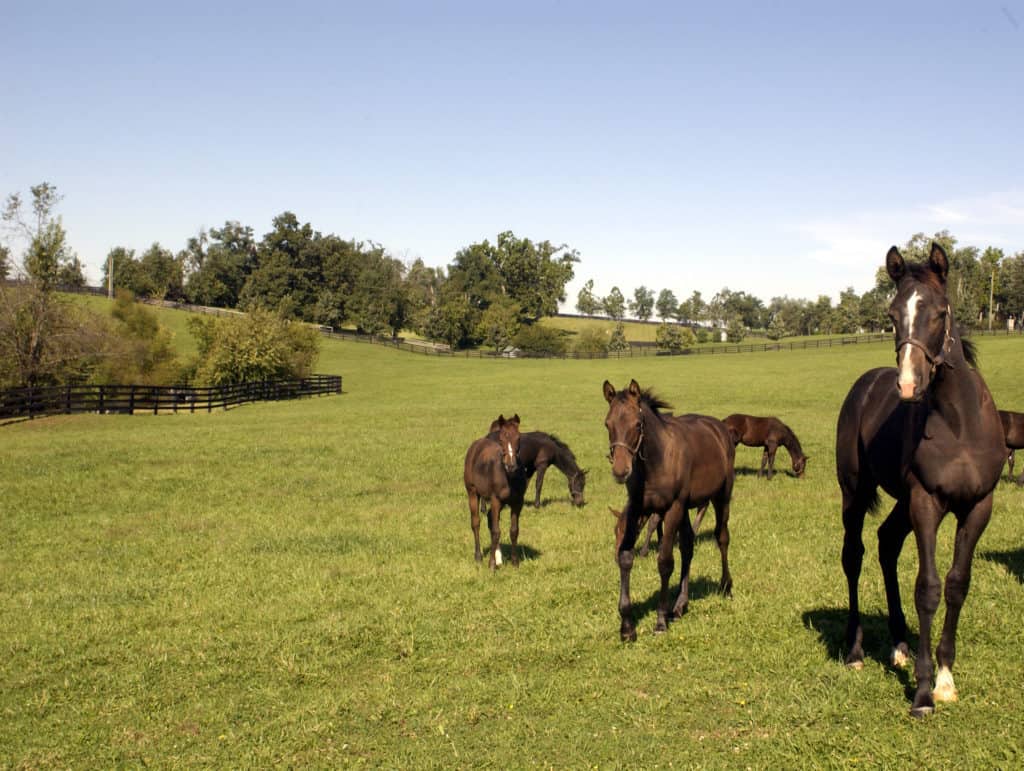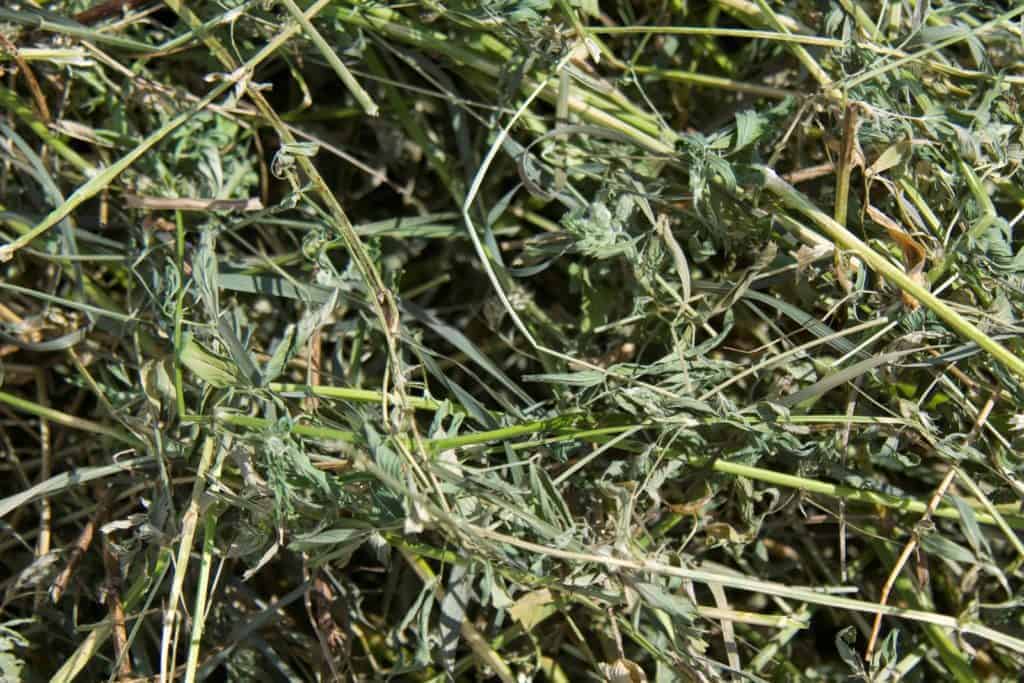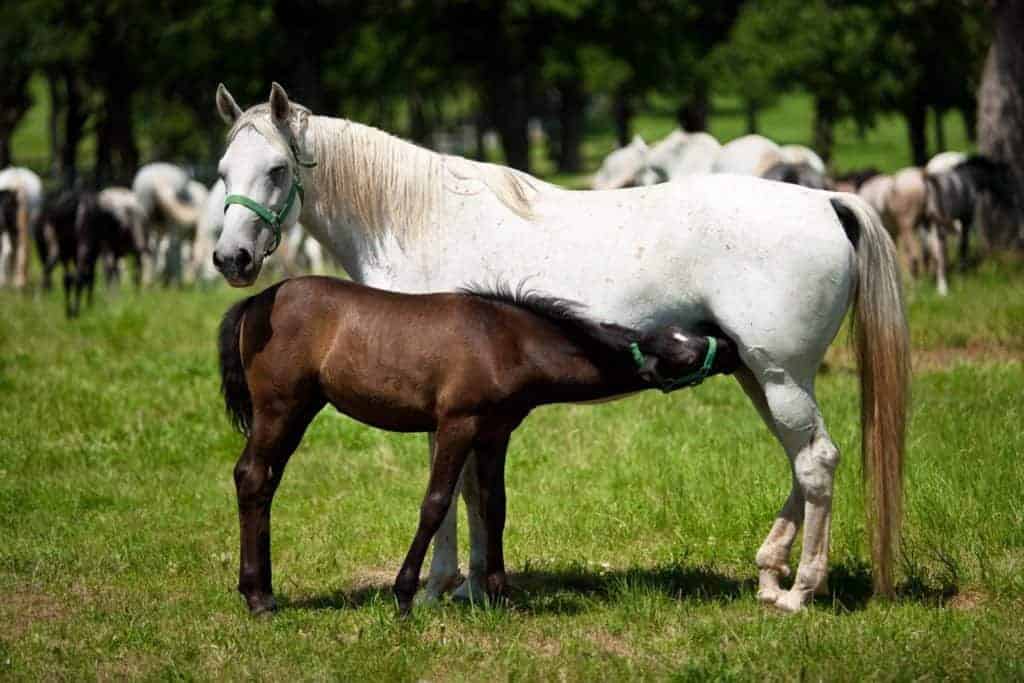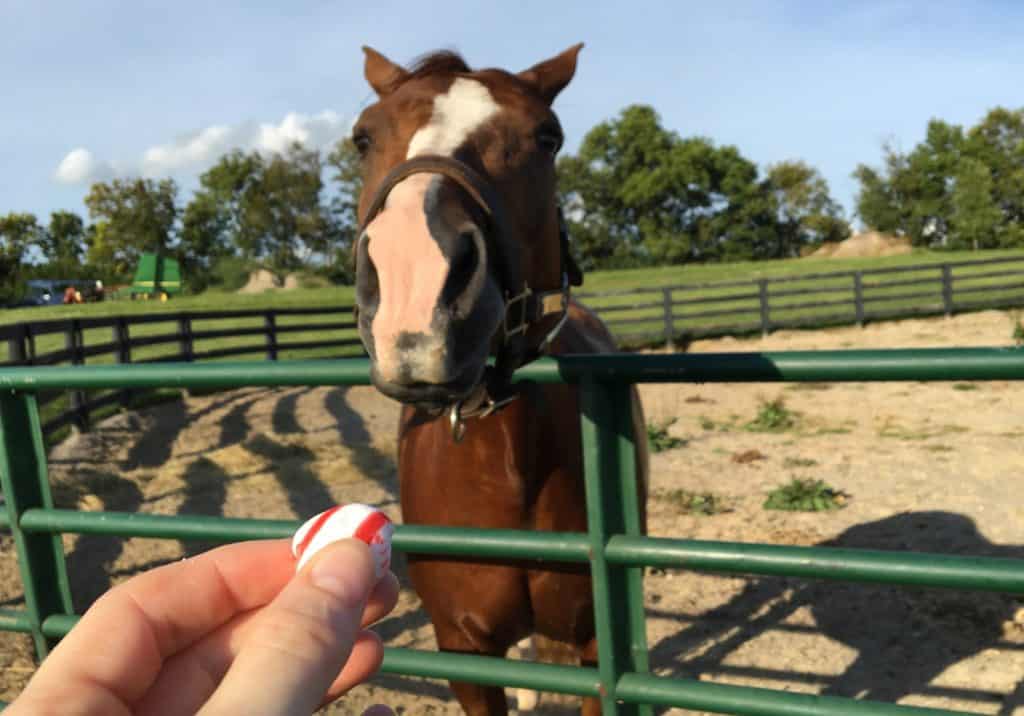
Consider Chlamydia psittaci in Foals With Respiratory Disease
For the first time, Australian researchers have confirmed 15 cases of chlamydial respiratory infection in neonatal foals. Scientists had previously only detected the bacterium in a few adult horses.






























